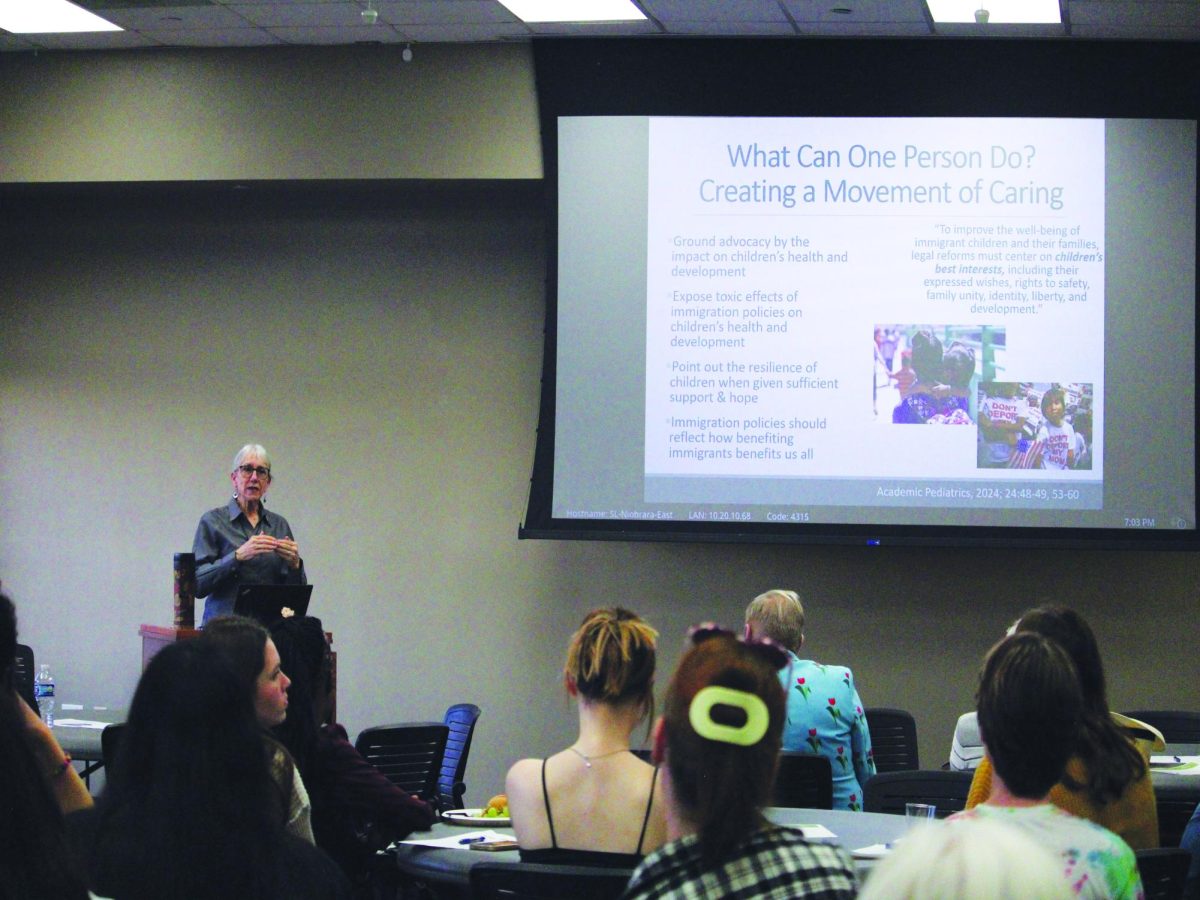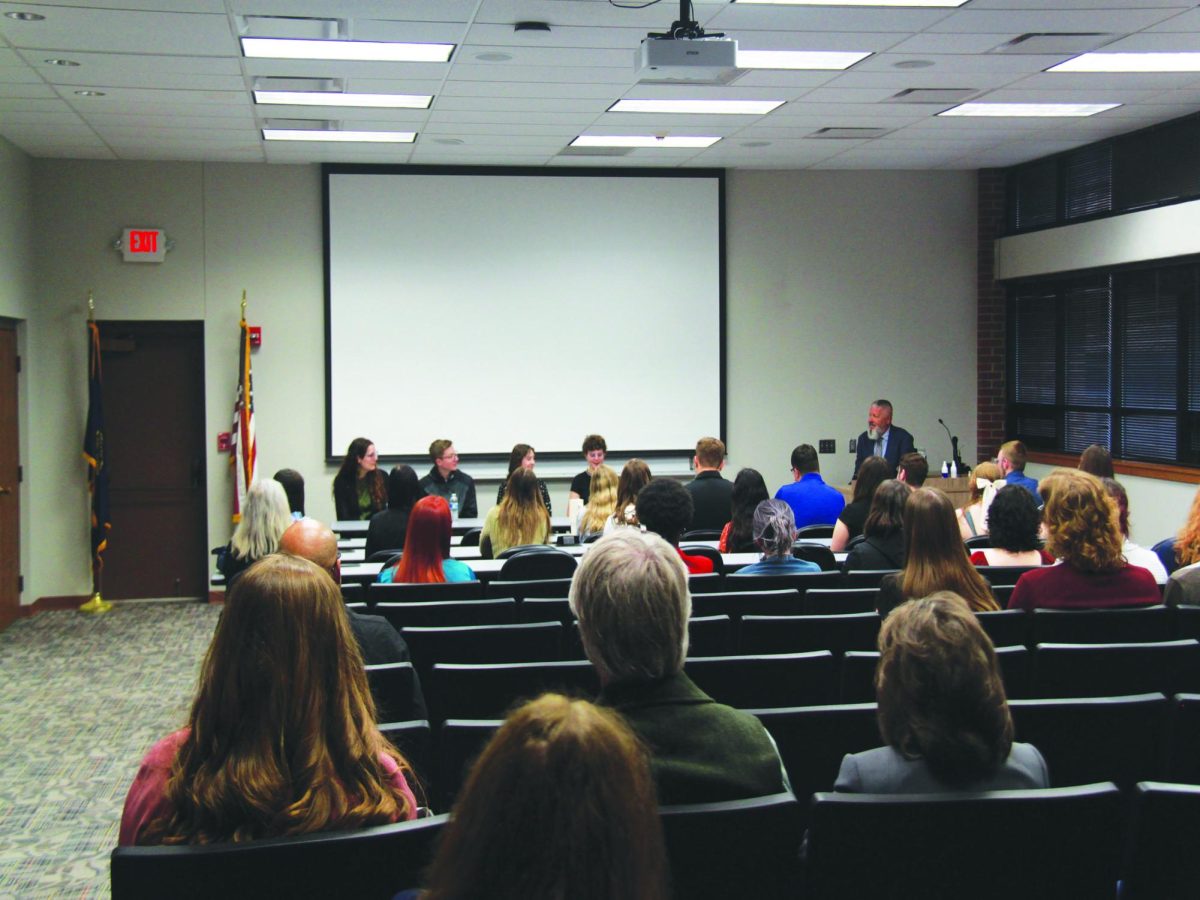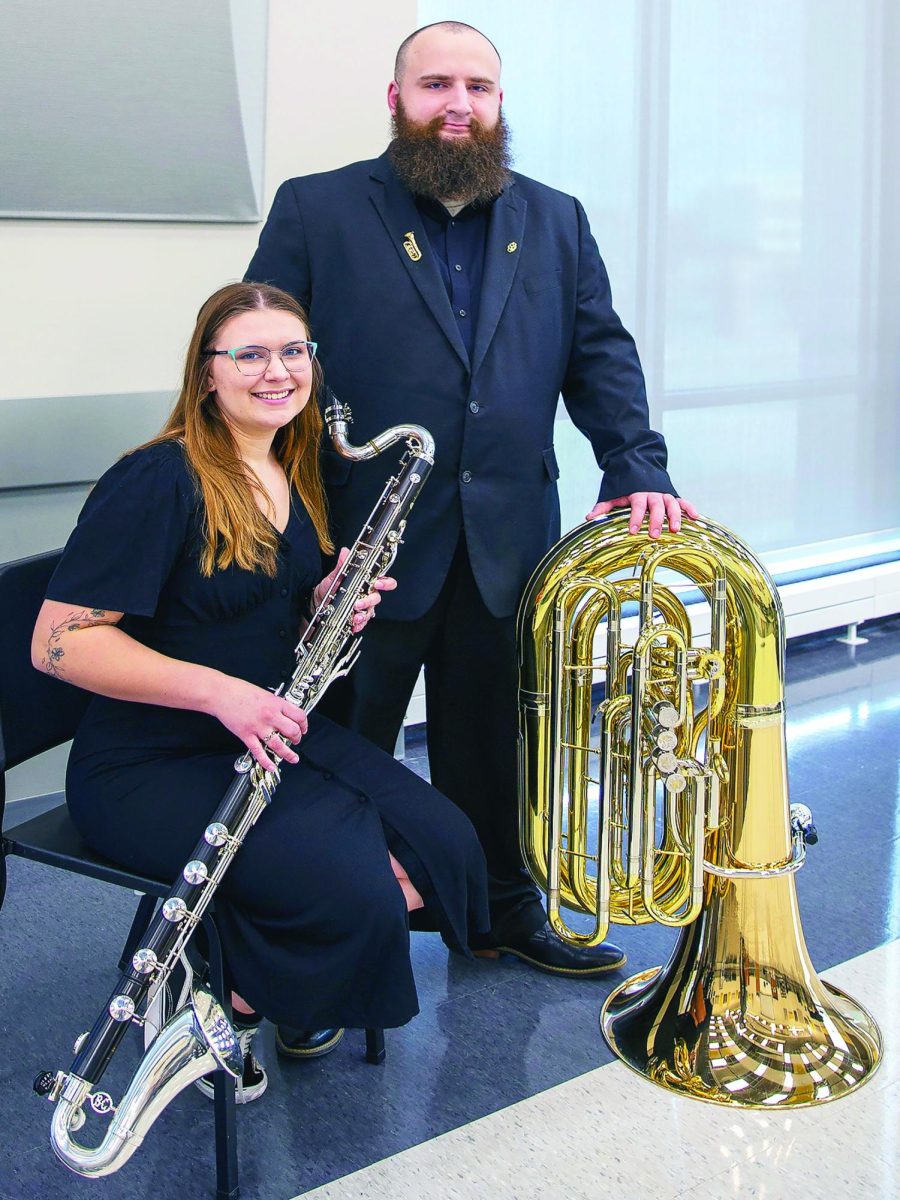Over the past month, extreme weather has hit communities across the nation from Florida all the way to Nebraska.
Though some Nebraskans might be sick of not having rain, Florida and Georgia have received enough precipitation for the three of them combined. With Hurricane Helene and Milton striking the southeast area of the country back-to-back, residents of Florida and Georgia have seen great damages to their homes and properties.
Hurricane Helene “made landfall in northwestern Florida as a category 4 storm,” an article published by ABC News reads. This enormous hurricane was predicted to create a nightmare of a surge across the states, bringing dangerous winds and rain with it.
The aftermath of both hurricanes included millions of homes and businesses being demolished, power outages, property damage, lives lost and numerous tornadoes.
Todd Keller, a lineman for Nebraska Public Power District (NPPD), was one of the 15 linemen sent down south. The crew was sent to help with the damage to the power lines and work to restore power to all of those who had lost it.
“We worked more on the outskirts, so the damage we saw was a tree falling through powerlines,” Keller said. “Occasionally, you’d see one that would fall on top of a house damaging or destroying it.”
But NPPD wasn’t the only group helping with the effects of the hurricanes. Keller said many people, both locally and from other areas, came out to help.
“The place where we were helping in Georgia – if I had to guess – there was probably 400 to 500 extra linemen and tree trimmers from the area,” Keller said. “At one point in Florida, it wouldn’t surprise me if there was 30,000 to 40,000 extra people helping.”
The crew from NPPD helped both Florida and Georgia for two weeks. During its time, the crew saw a lot of damaged homes and properties but nothing too heartbreaking compared to what some other crews saw.
“The biggest thing heartache-wise is people were out of electricity for a week or two,” Keller said. “It’s hard to do nowadays. People become so reliant on it.”
ABC News said at least 16 people had been killed because of Hurricane Milton, and 230 people died because of Hurricane Helene and property damage skyrocketed to nearly $47 billion.
“Some of the folks in North Carolina were finding dead bodies,” Keller said. North Carolina is dealing with some major issues, and families still can’t find some people. We didn’t have to deal with that.”
After hitting ground, Hurricane Milton proceeded to “spawn at least 41 tornadoes,” a news article published by USA Today reads. These numbers put Milton in 13th place for the highest number of tornadoes produced by a hurricane since 1995.
Back in the Midwest, dry and windy conditions threaten the states, opposite to the weather people in Florida, Georgia, and the other southeast states are facing.
The weather conditions in Nebraska have left farmers concerned about field fires during the harvest season this year. Fire departments are recommending farmers avoid running their equipment for as long as possible to prevent fires from breaking out in the fields.
Another recommendation is double-checking machines to eliminate fire risk even more throughout the Midwest.
“The latest drought monitor map for Nebraska shows just 4% of the state’s acres are free from drought stress,” a news article published by Successful Farming reads. “Less than 1% of District 3 is in extreme drought, 33% of District 2 is in severe drought, 41% of District 1 is in moderate drought and the remaining 22% of the state is abnormally dry.”
Currently, the Omaha area of Nebraska looks like it will have the driest September and October on record with minimal rainfall to be recorded during both months.










